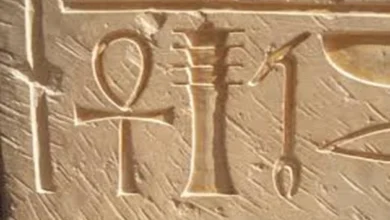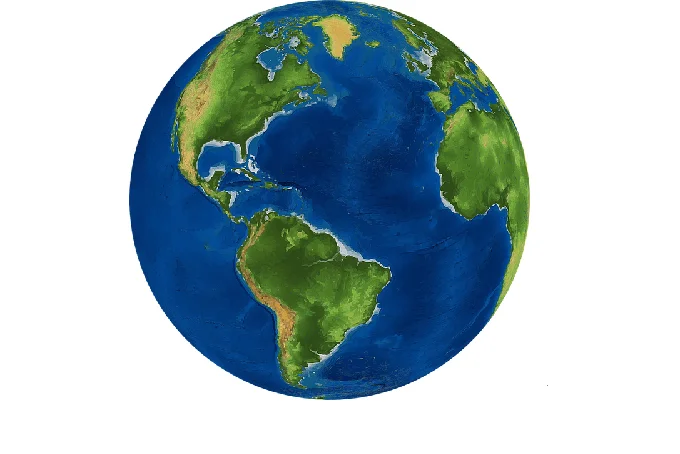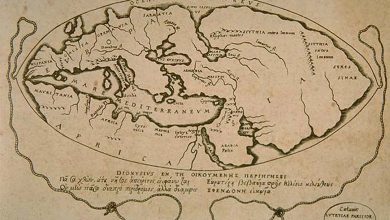5 important changes that took place in the 20th century
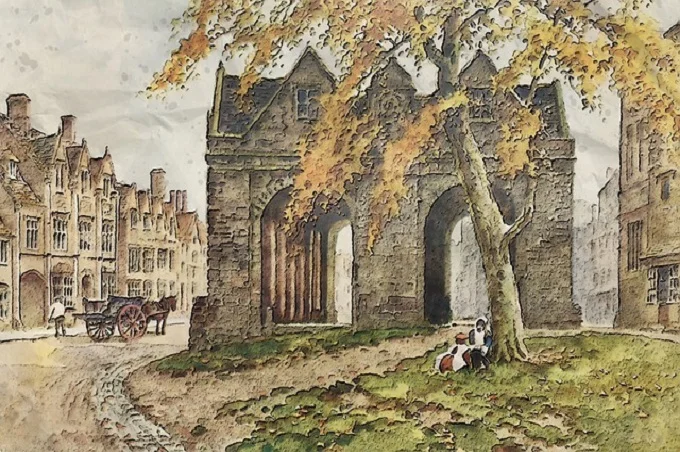
It’s not easy to believe, but the 20th century is already in the past, now this is our history. The century turned out to be eventful: we fought hard, rebelled enough and threw up. Some even managed to get enough of the benefits of civilization; others have amassed incomprehensible sums in just one generation. At the end of the 20th century, a digital revolution took place, which determined the appearance of the current century, and it may seem that the world has always been like this, or at least for a very long time. However, this is not the case, and your everyday life has become much less than a hundred years ago.
1. There are no empires left in the world
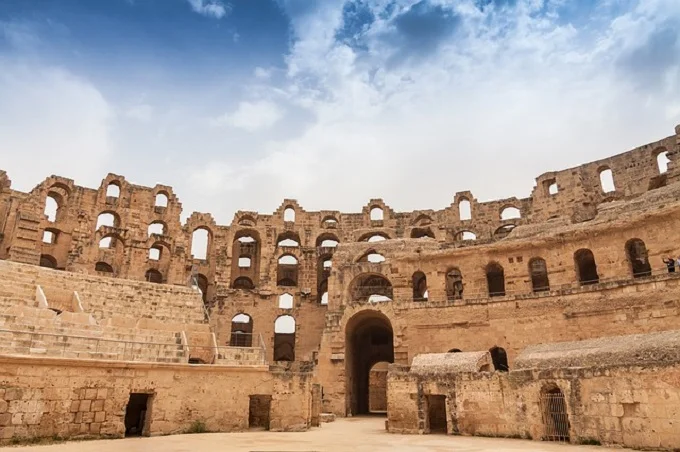
The empire has been the highest stage of state evolution for thousands of years – in fact, since the appearance of the first countries. The apogee of such a world order was the end of the 19th century when the world was divided between several, mainly European, empires. At the beginning of the 20th century, the place under the sun ended, and they clashed in two suicidal wars, from which no empire emerged in its former form. To get the latest stories, install our app here
Along with the disappearance of empires, the colonial era also ceased. All former African, Asian and American colonies gained independence. Many still have no idea what to do with it since there are neither resources nor specialists for constructing a modern state. The best example is Africa, which has slipped to such a periphery of the world economic and social hierarchy, which it was not even in the colonial period.
2. Origin no longer determines fate
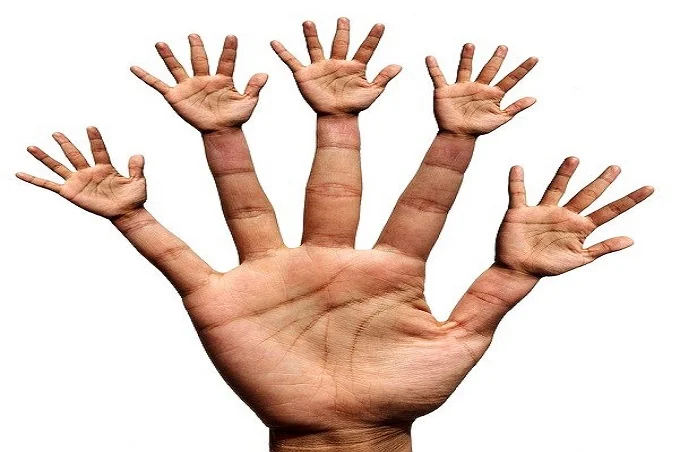
Of course, there is social inequality in the world. Moreover, there is even the scent of a large-scale, global revolt in the air. However, the origin of a person’s nobility of his surname is no longer a determining factor. The best example of this is the current financial elite, or Forbes top 20. Most of these people made themselves and their last name in the 20th century, often rising from the very bottom, without having any high patronage.
Social elevators are not perfectly regulated, and somewhere it is absolutely terrible. Nevertheless, a century ago, such social mobility was not even dreamed of. Every country had its own nobility, merchants or other rich but extremely narrow stratum of the population; the entrance was closed. Again, one can object because history knows examples of epic transitions from dirt to princes, like the same legendary Francis Drake. He transformed from a farmer’s son into a vice admiral. The fact is that such examples can be counted on the fingers, and if you dig a little into the biography, it turns out that Drake still had patronage, and he got the first ship from a relative. To get the latest stories, install our app here
3. Women got rights

In the 20th century, women received equal rights with men and became full-fledged members of human society. Before that, they were more of an appendage or even just an incubator. Today’s feminism has degenerated into something completely disgusting, and now the struggle of activists consists in public undressing and showing unshaven armpits. However, at the beginning of the journey, women fought for the most basic rights that were denied to them.
It’s not even about some kind of right, but, for example, Consider a circumstance in which a woman who does the same work as a man gets paid less just because she is a woman.
There have been examples of female rulers in history and the ancient world, but these are isolated cases once in several centuries or even thousands of years. Today, having received the right to education and work, they occupy many of the most important government posts in all countries, even in the most patriarchal.
4. Children got into the legal field
In addition to women, children also received rights in the 20th century, including the right to protection and, as a result, the right to childhood itself. A century ago, childhood (in the usual sense today) remained the prerogative of the nobility; the rest were forced to work from a very young age, and, of course, there was no question of any general education. The child’s violent death in the family also remained a matter of a specific family, but the situation has changed with the general trend towards humanization.
Today in every country, there are whole institutions that carry out supervision, guardianship authorities, and, of course, schools, compulsory primary and secondary education. Luxury, which was not even dreamed of recently! No matter how normal it may sound, nothing has given so many trips to life to children from simple families as the simplest school.
With the advent of the universal compulsory education program, the general level of literacy has also significantly increased. There are still enough problems, and about one in ten people in the world still cannot read and write, but it is impossible not to notice positive changes. Humanity invented writing about five thousand years ago, but for about the next five thousand years, literally, a couple of percent of the entire population could read and write.
5. The world has become democratic
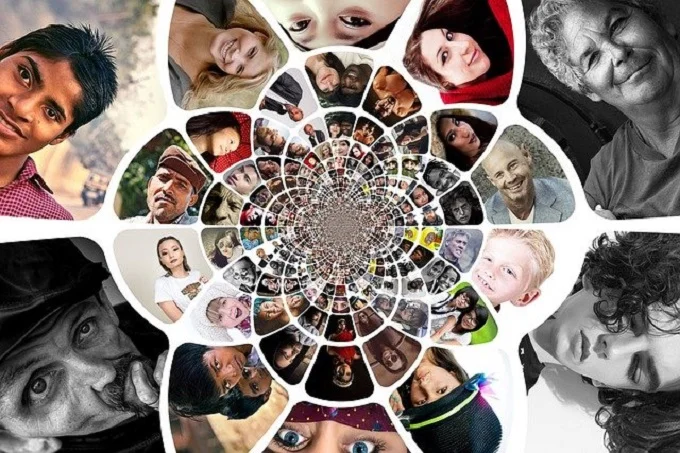
At the beginning of the 20th century, there were a little more than a dozen democratic states in the world, some of which only declared their commitment to the ideas of democracy. The rest of the countries remained monarchical, dictatorial, or even completely fascist. The First World War almost completely eliminated the monarchies; with the end of the Second World War, fascists or regimes close to them left the arena, after which the confrontation, known to us as the Cold War, began. This war resulted in the fall of the socialist camp and the complete dominance of the democratic form of government in the world.
However, as before, there are still quite a few states that only declare a democratic path, which in fact remain quite classic dictatorships. Having democratized, the world has become much softer, and today the dispersal of a peaceful demonstration is perceived as an unforgivable act of violence. A century ago, demonstrations were dispersed with volley guns, and no one really cared. That’s how the world was made.

